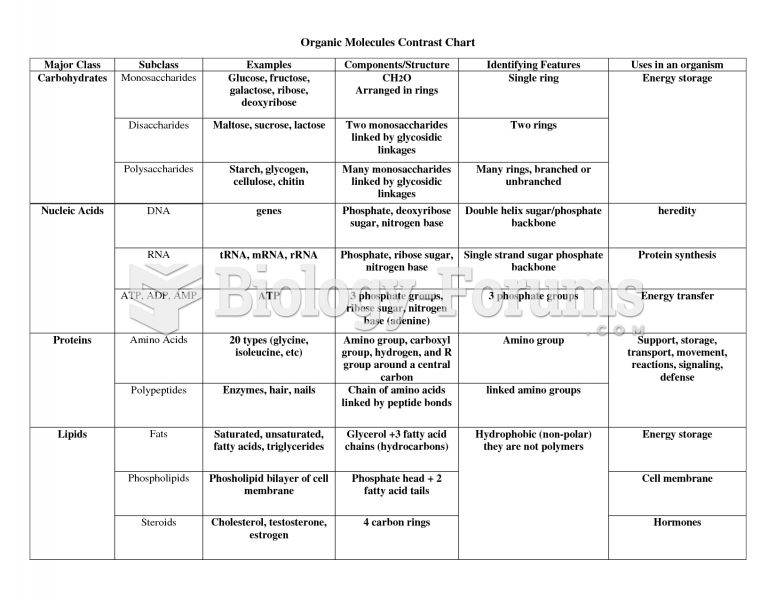Answer to Question 1
Individualization and interactivity are key features of online (digital) advertising. Individualization refers to the fact that the online user has control over the flow of information. This feature leads, in turn, to the ability to target advertisements and promotions that are relevant to the consumer. Interactivity, which is intertwined with individualization, allows for users to select the information they perceive as relevant and for brand managers to build relationships with customers via two-way communication.
Answer to Question 2
Brand equity from the customer's perspective consists of two forms of brand-related knowledge:
1 . Brand awareness, which is an issue of whether a brand name comes to mind when consumers think about a particular product category and the ease with which the name is evoked. It is the basic dimension of brand equity. From the vantage point of an individual consumer, a brand has no equity unless the consumer is at least aware of the brand. The two levels of awareness are brand recognition and recall. Brand recognition reflects a relatively superficial level of awareness, whereas brand recall indicates a deeper form of awareness. The marcom imperative is to move brands from a state of unawareness, to recognition, on to recall, and ultimately to top-of-mind awareness (TOMA). This pinnacle of brand-name awareness (i.e., TOMA status) exists when your company's brand is the first that consumers recall when thinking about brands in a particular product category. Although building brand awareness is a necessary step toward brand equity enhancement, it is insufficient.
2 . Brand image can be thought of in terms of the types of associations that come to the customer's or consumer's mind when contemplating a particular brand. An association is simply the particular thoughts and feelings that a consumer has about a brand. These associations can be conceptualized in terms of type, favorability, strength, and uniqueness. Research has identified five personality dimensions that describe most brands: sincerity, excitement, competence, sophistication, and ruggedness.







